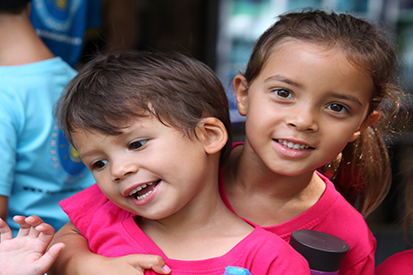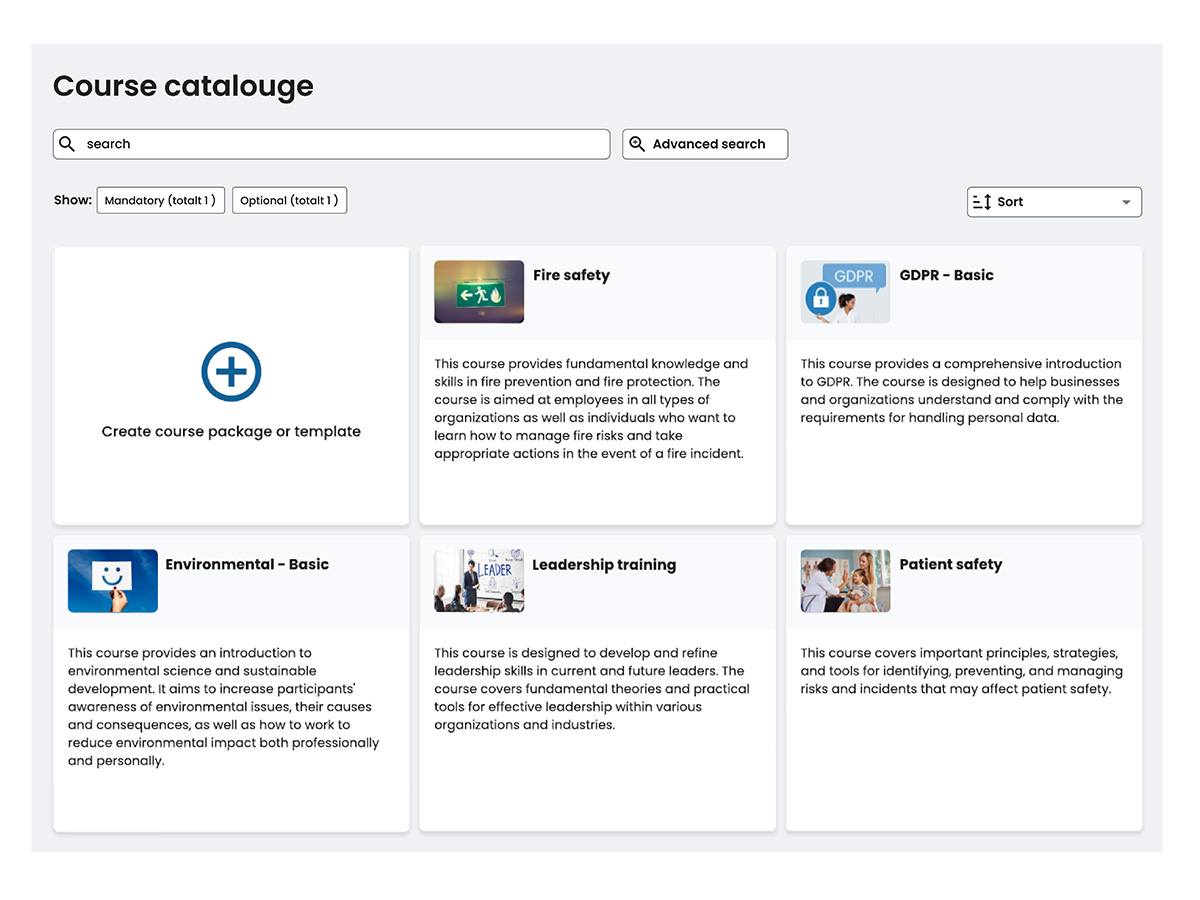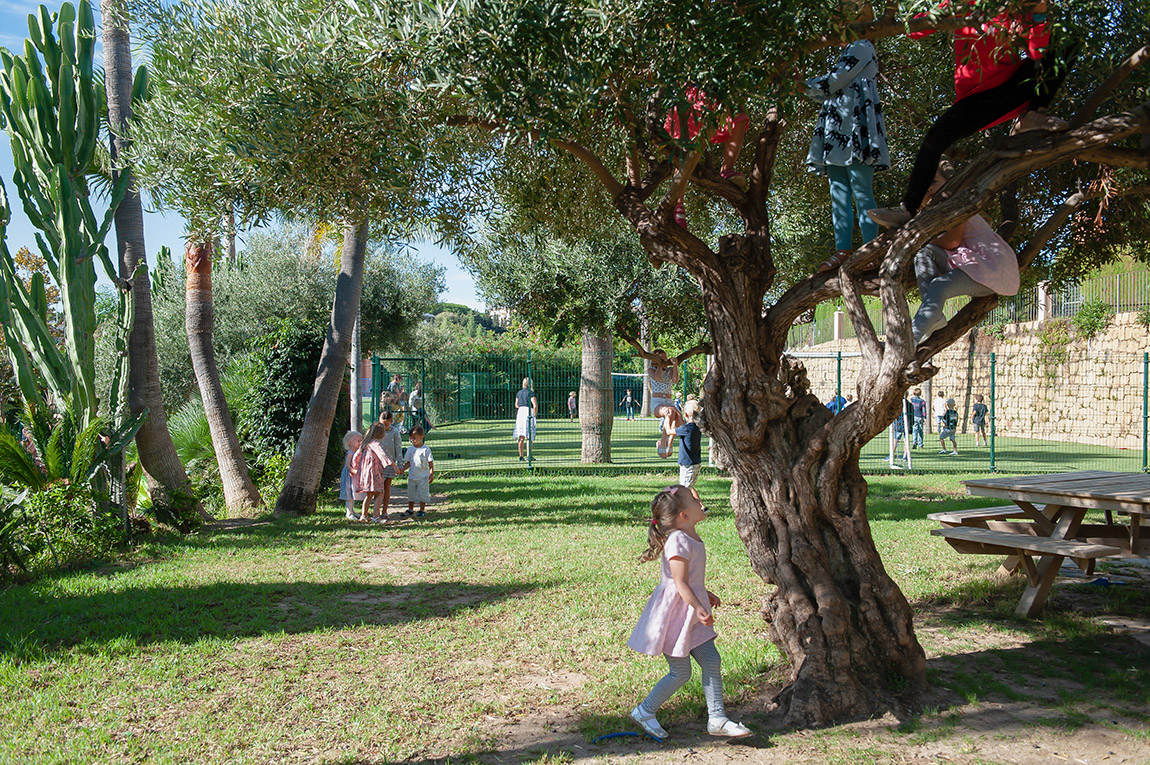Sanuk

First-class education in an extraordinary setting
TEXT: LIZ LONGDEN | PHOTO © SANUK
PE on a tropical beach and nature walks in the rainforest are just two examples of what pupils at Sanuk, the Swedish School in Thailand, can enjoy during their school term. Yet, while the school offers unique experiences, it is also grounded on pedagogical excellence, with an emphasis on the personal development of every pupil at its heart.
Sanuk was the first Swedish school to be established in Thailand and, since its founding in 2004, has grown to be the country’s largest, with sites in Koh Lanta, Phuket, Huay Yang, and Hua Hin, and classes ranging from pre-school to year nine.
Despite its growth, however, the school continues to pride itself on the core values of community, personal development and, not least, quality. All teachers hold Swedish qualifications and have a minimum of five years’ experience, and both the pre-school and primary schools (‘grundskolor’) follow the Swedish curriculum. “Our aim is to recreate all the good things from the Swedish system here, in this very different setting,” says Monica Fernqvist, headteacher of the Hua Hin and Huay Yang schools. Parents are invited to assess the school at the end of their children’s period of study, and, tellingly, over the past four years, the school’s overall average score has not dropped below 4.7/5.
While some Sanuk pupils live in Thailand on a permanent basis, many are on extended holidays and Fernqvist explains that the school strives to create a strong sense of community to ensure that pupils are able to settle in quickly. “Families come from different places, with children of different ages, and the groups change quite frequently. Creating a sense of togetherness is therefore really important, because it gives pupils the security they need,” she says. A strong emphasis on group work and collaborative projects helps pupils to forge friendships from the moment they arrive, while parents are also invited in once a week for coffee to enable families to get to know each other.
The settling-in process is also helped by small class sizes; with a maximum of just six pupils per group in pre-school and 12 in primary school classes, Sanuk teachers are able to give extra attention to pupils’ personal development. “It means that we have the time to see each child as an individual, to have discussions, read with them, and so on,” Fernqvist notes. “And that’s something that our pupils, teachers and parents all appreciate.”
Subscribe to Our Newsletter
Receive our monthly newsletter by email





